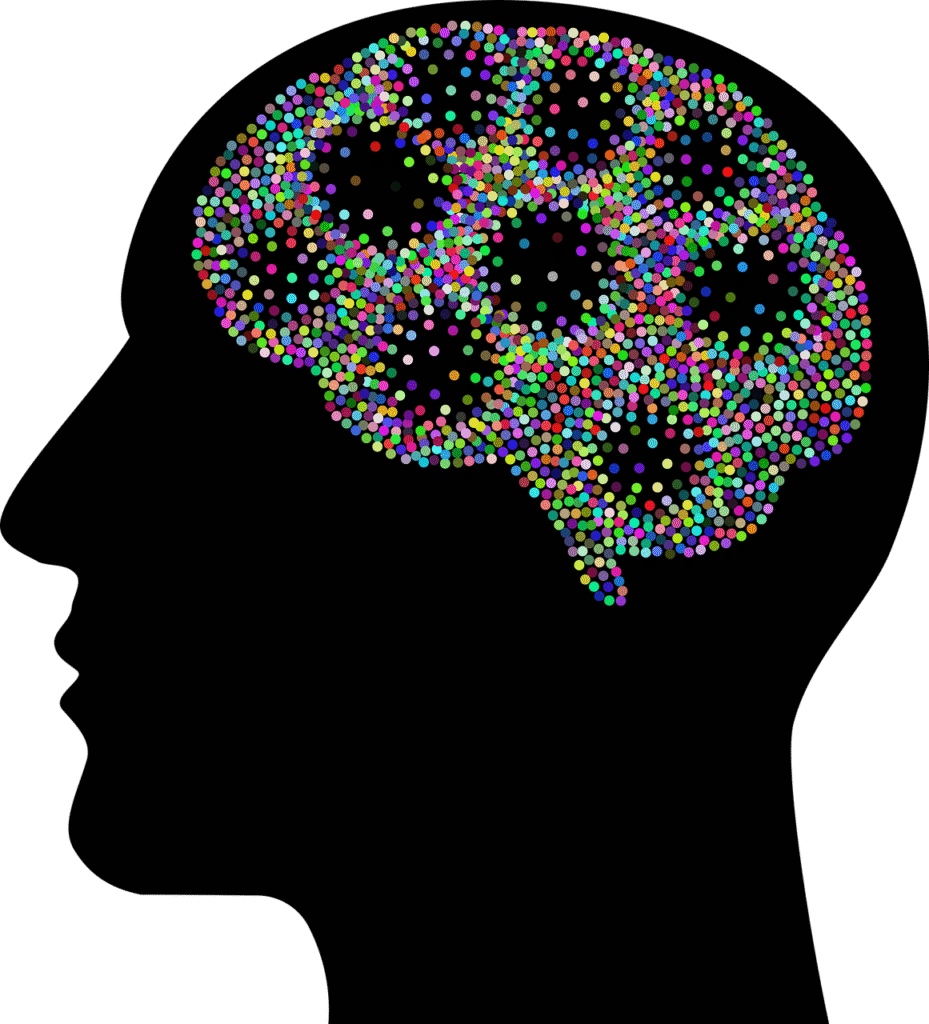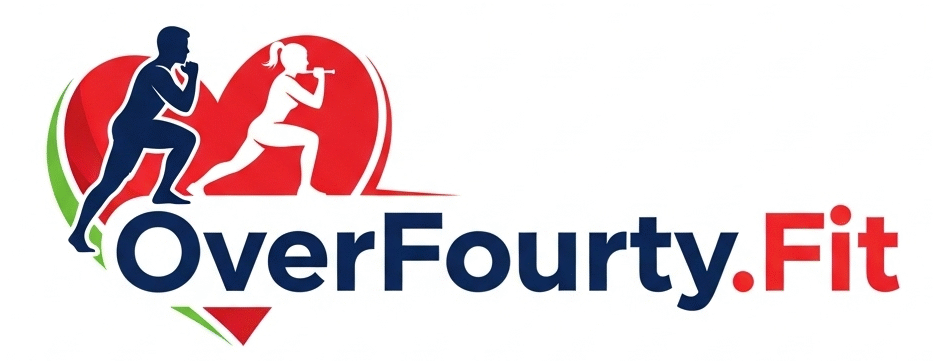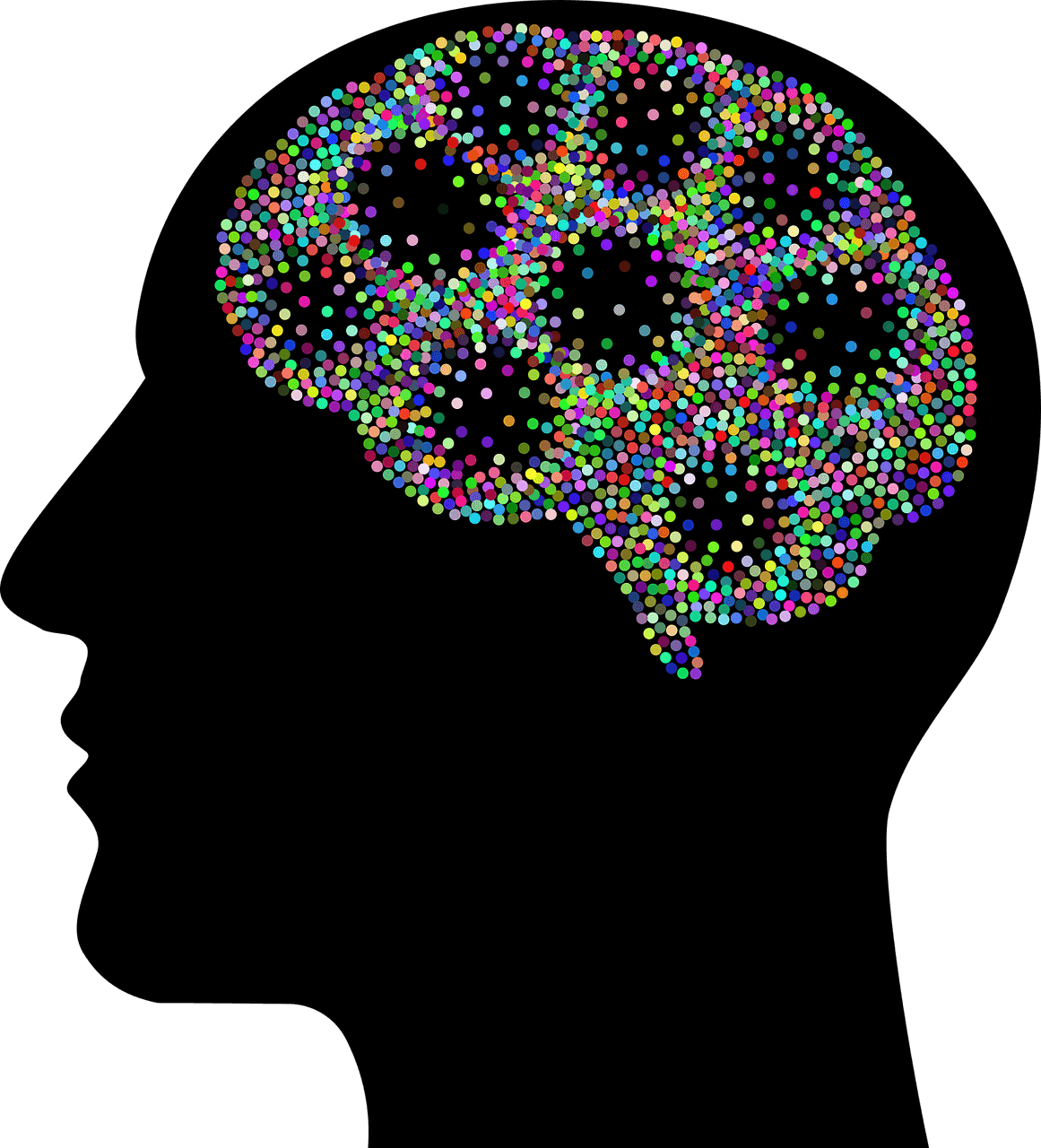Men’s Mental Health Month: Breaking the Stigma & Finding Strength
June is Men’s Mental Health Month. It is time to raise awareness. We need to challenge stereotypes. We should encourage men to prioritize their emotional well-being. Despite growing conversations around mental health, many men still struggle in silence due to societal pressures.
Too often, men’s mental health struggles go unreported and untreated. Many men still hesitate to ask for help because of stigma or societal expectations. This is why Men’s Mental Health Awareness Month is so important. This dedicated time:
🔥 Shines a light on silent battles
🔥 Breaks down harmful stereotypes
🔥 Encourages men to prioritize well-being.
Keep reading to discover how you can be part of this important movement, because when men speak up, lives change.

Why Men’s Mental Health Month Matters
- 1 in 5 men develop a mental health issue in their lifetime (ADAA).
- Men are 3.5x more likely to die by suicide than women (AFSP).
- Only 36% of men seek help for mental health struggles (NIMH).
Society often teaches men to “tough it out,” but real strength comes from vulnerability and self-care.
Signs You (or a Loved One) Might Need Support
✔ Persistent sadness, anger, or irritability
✔ Loss of interest in hobbies
✔ Sleep/appetite changes
✔ Increased alcohol or substance use
✔ Withdrawal from friends/family
How to Take Action for Men’s Mental Health Month
1. Talk Openly
Start small—check in with a friend, partner, or therapist. You don’t have to have all the answers.
2. Move Your Body
Exercise helps reduce stress hormones and boost mood. Even a 20-minute walk helps.
The Reality of Men’s Mental Health Month: Key Statistics
Mental health conditions are often seen as more common in women. However, this may be due to men not wanting to seek help. According to the National Institute of Mental Health (NIMH):
- In 2021, only 40% of men with a mental health condition received treatment, compared to 51.7% of women.
- Men account for nearly 80% of suicides (CDC), with a suicide rate four times higher than that of women in 2021.
- Many men turn to substance misuse instead of professional mental health care.
Even when men do reach out, systemic challenges exist:
- Mental healthcare remains underfunded (both in the U.S. and globally).
- Stigma and societal expectations often discourage men from prioritizing emotional well-being.
These statistics underscore an urgent need for improved support, increased awareness, and more accessible resources specifically tailored to men.
3. Limit Social Media
Comparison fuels anxiety. Take breaks and engage in real-life connections.
4. Seek Professional Help
Therapy isn’t a “last resort.” Find a therapist who specializes in men’s issues (try Psychology Today or BetterHelp).
The Intersection of Identity and Men’s Mental Health Month
Mental health challenges can impact any man, but certain groups face disproportionate struggles due to systemic and social factors:
- LGBTQ+ Men: CDC data shows queer men experience higher rates of mental health conditions compared to straight, cisgender men.
- Men with Disabilities: They’re nearly 5x more likely to report frequent mental distress than non-disabled men.
- BIPOC Men: They have mental health issues at rates similar to white men. However, they often face more barriers to getting professional care. This leads many to depend only on community support instead of clinical treatment.
These disparities highlight how race, sexuality, ability, and socioeconomic status intersect with mental health, creating unique challenges that demand tailored solutions.
5. Join a Community
Groups like Men’s Group or Evexia offer safe spaces to share struggles.
You’re Not Alone
This Men’s Mental Health Month, let’s normalize asking for help. Strength isn’t silence—it’s survival.







